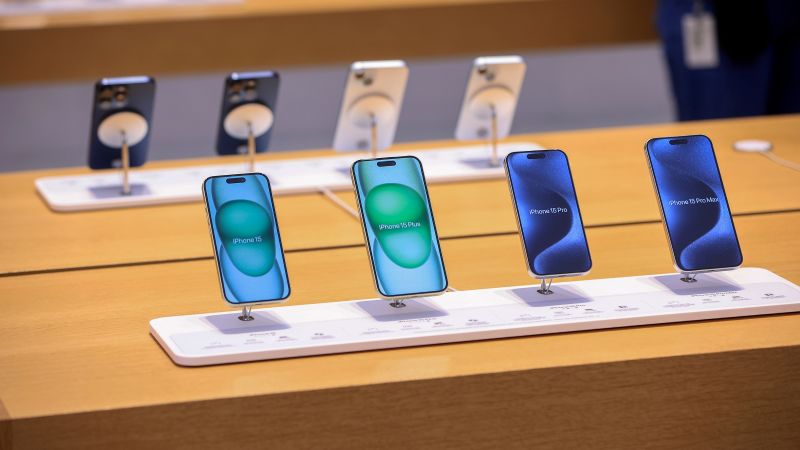Europeans using Apple, Google and other major tech platforms woke to a new reality Thursday as a landmark law imposed tough new competition rules on the companies — changing European Union citizens’ experience with phones, apps, browsers and more.
The new EU regulations force sweeping changes on some of the world’s most widely used tech products, including Apple’s app store, Google search and messaging platforms, including Meta’s WhatsApp. And they mark a turning point in a global effort by regulators to bring tech giants to heel after years of allegations that the companies harmed competition and left consumers worse off.



A nice as it would be to have, I don’t get how the messaging interoperability is going to work in practice. The different platforms have many technical differences between them at the backend, and also mismatched user facing feature sets. Ironing all of the that out into some sort of common ground is going to be difficult, especially without it being very janky.
I wouldn’t be surprised if this is kicked into the long grass eventually.
It would certainly be a technical challenge. But I think the utility would be very high. In my experience, it’s difficult to convince people to use an app like Signal if they can’t use it to communicate with their Whatsapp contacts (etc.).
deleted by creator
They all have the capability to support a UI where you type a message, hit send, and the message is delivered. This proves it’s possible to make and support an interface that hides all the backend complexity. If they don’t expose the same functionality through an API, it’s because they don’t want to, not because it’s too hard.
I’m sure there will be some features that aren’t fully supported across messaging platforms, but for basic use cases like sending a text or an image, there’s really no excuse.
It would probably just use RCS as the backend and have some different functionalities, they could easily just highlight “this person isn’t using Signal so chat features are limited”. Hell, Signal had exactly this when they made the app work as an alternative SMS client. They removed that feature, but it existed previously.
Nah, fuck RCS. There is no reason for a mobile carrier to be involved in anything besides voice calls and TCP/IP traffic. Any protocol that requires participation from carriers beyond delivering TCP/IP packets is broken by design. It’s like designing a water faucet that somehow can’t work without active cooperation from your local water company.
Voice is also debatable.
VoLTE is such a mess. It requires OS, modem and phone operator to all work together, where I heard none of them is often to the spec. As of now voice calling should be a simple Internet based app, maybe with autoconfiguration to not break “inset SIM and done” habits.
The big platform has to develop an open API to implement standard message, image and video traffic. No need for a common standard, as long as everyone can implement the eg. open Whatsapp API.
The same way as users have set up a bridge between Matrix and discord.